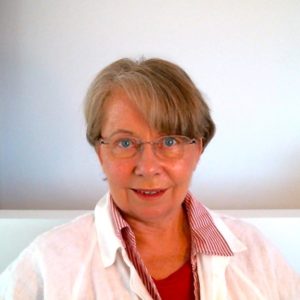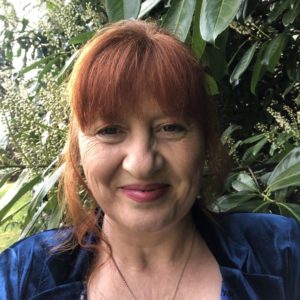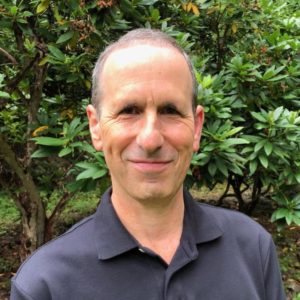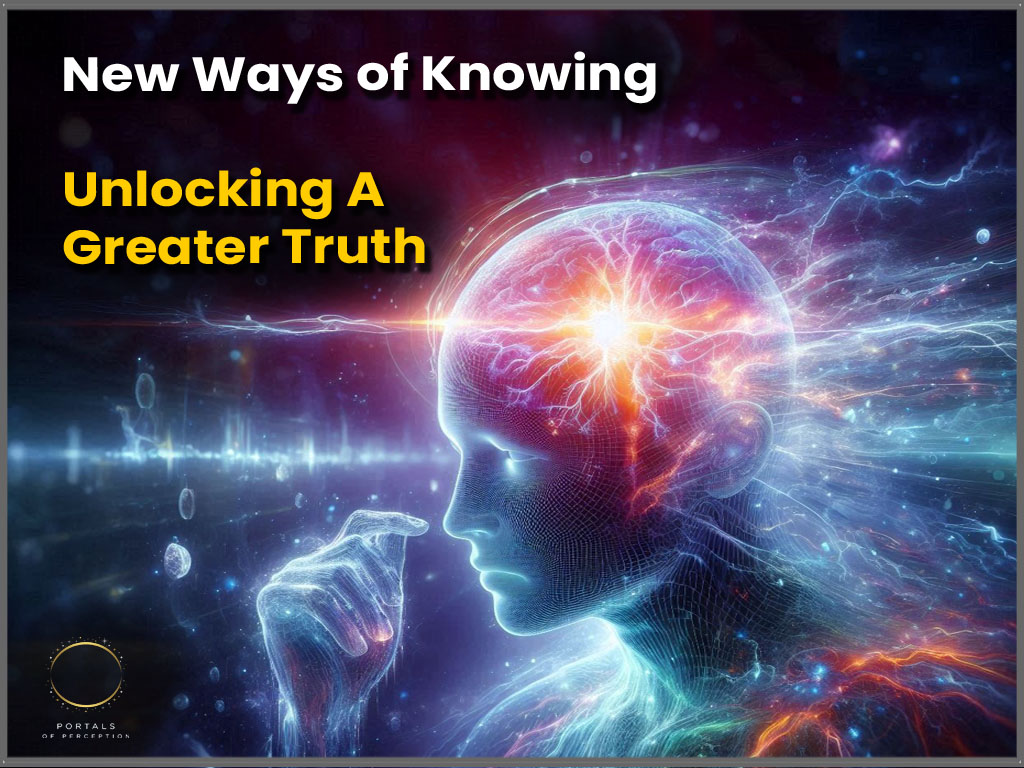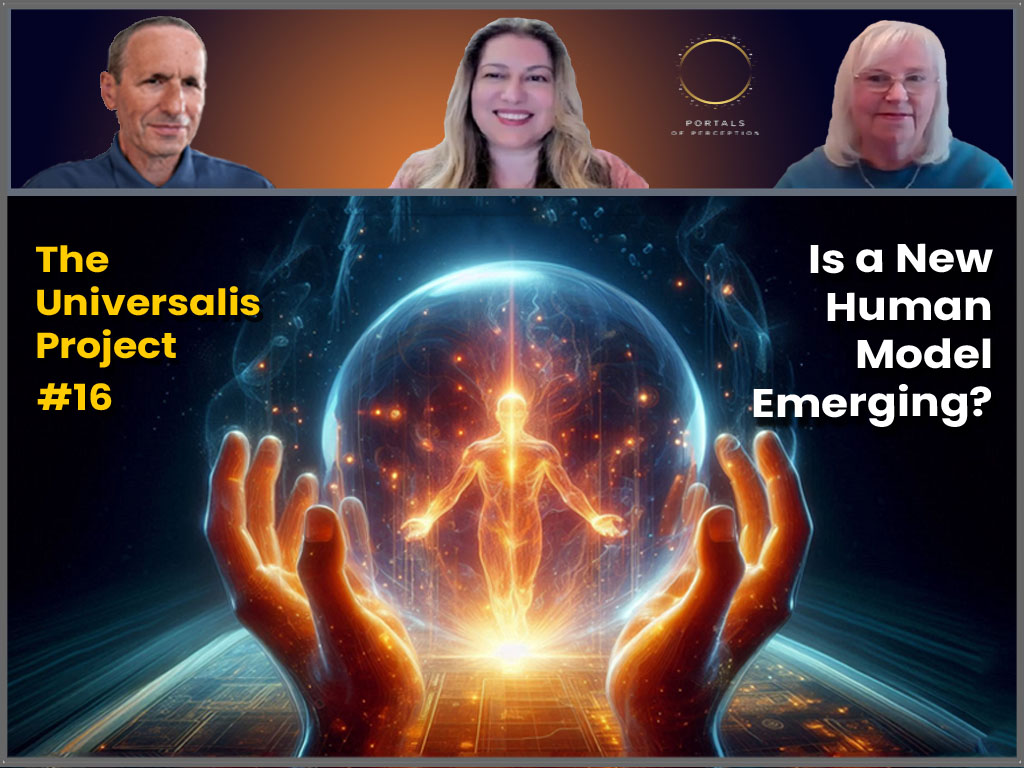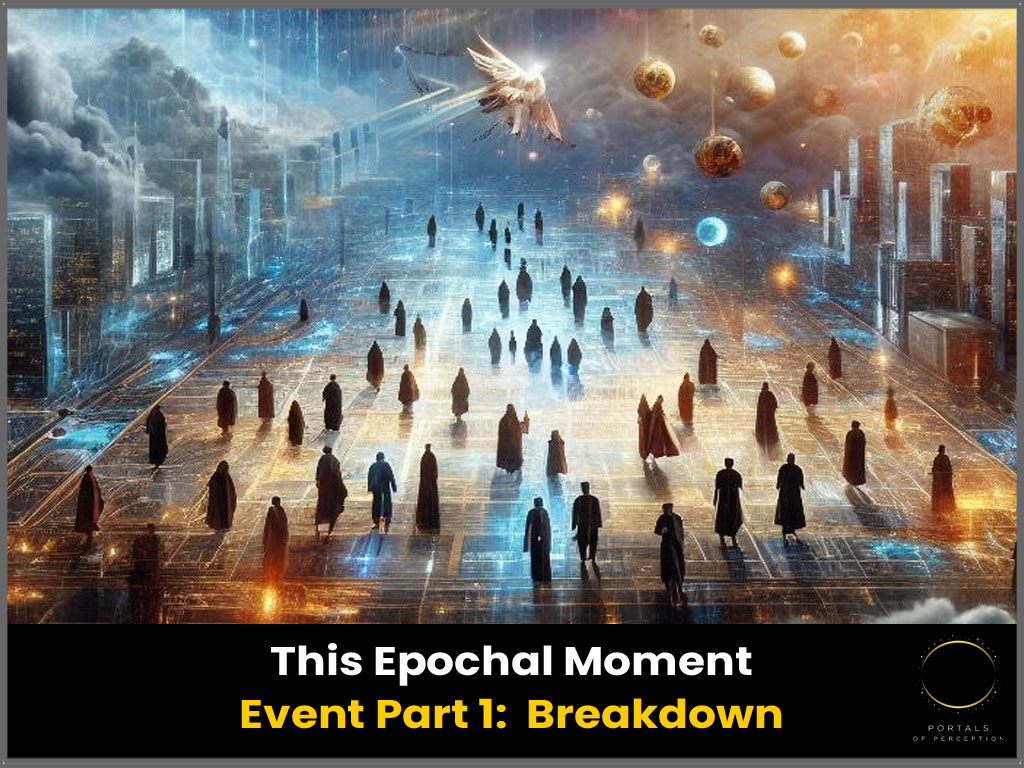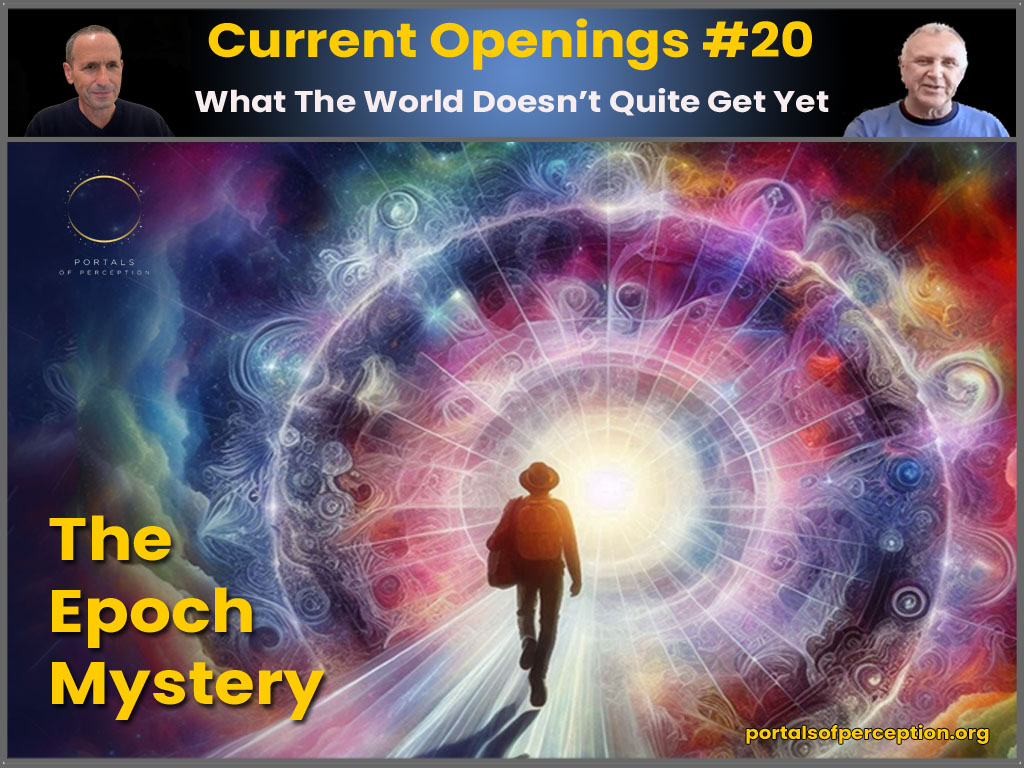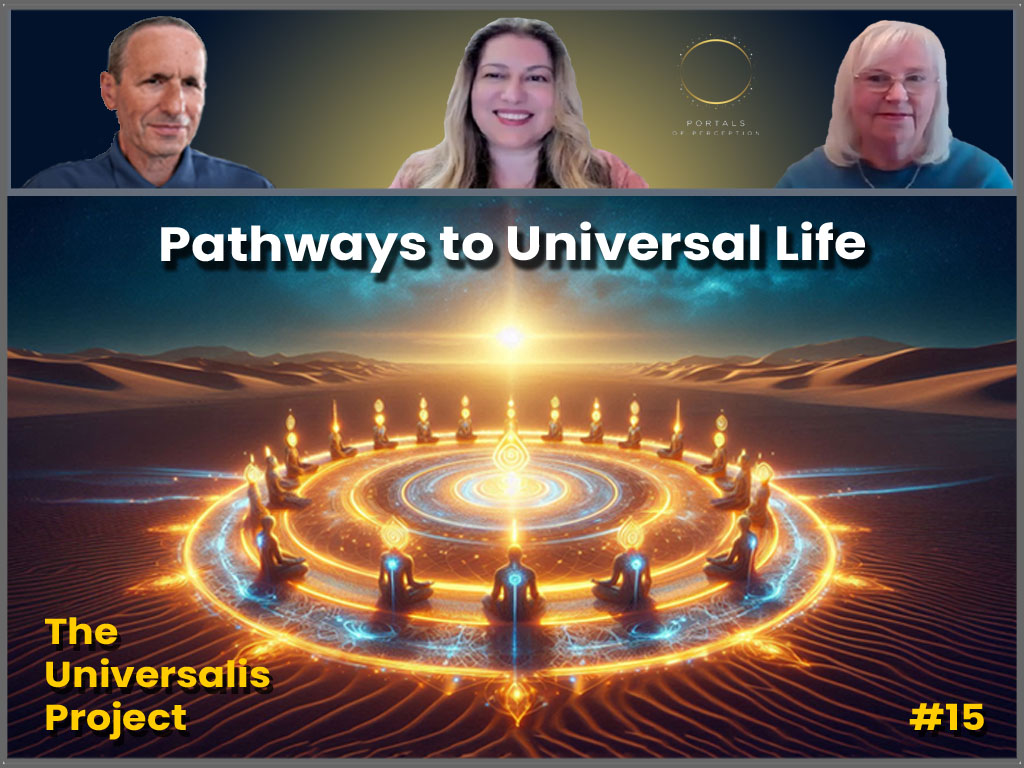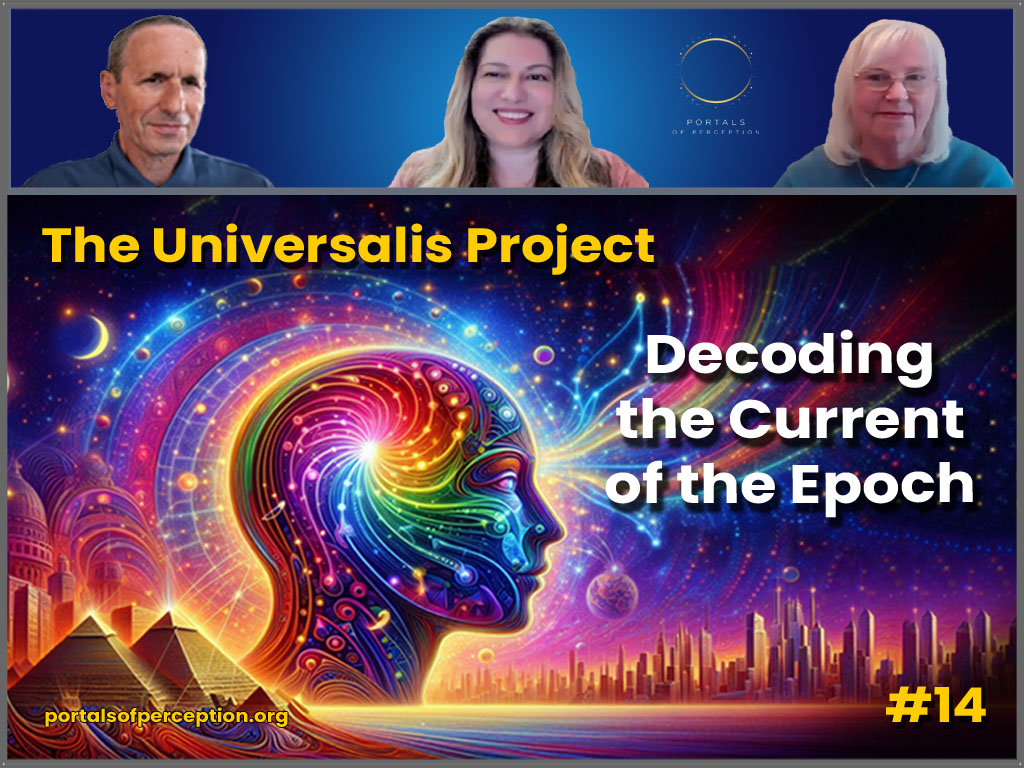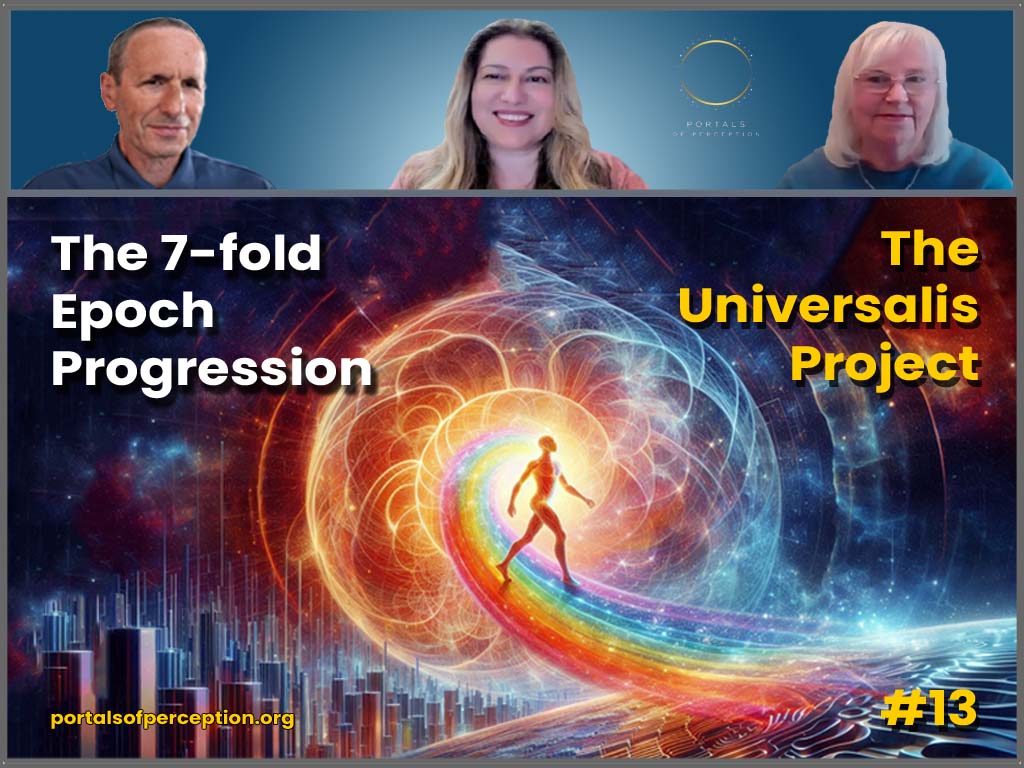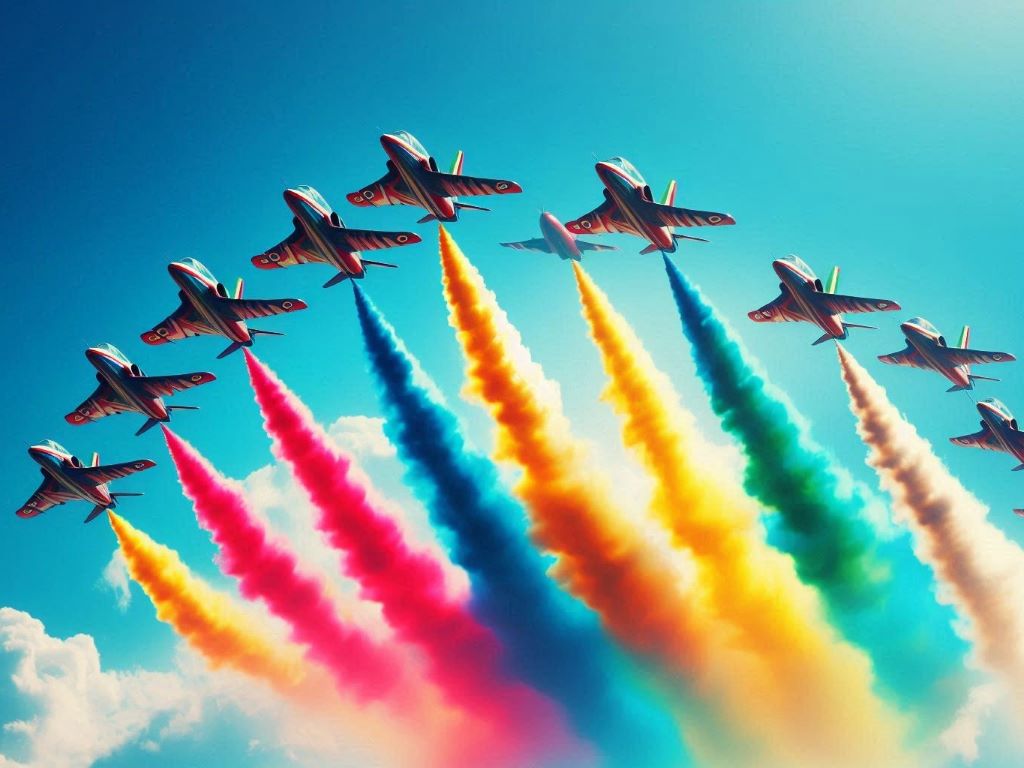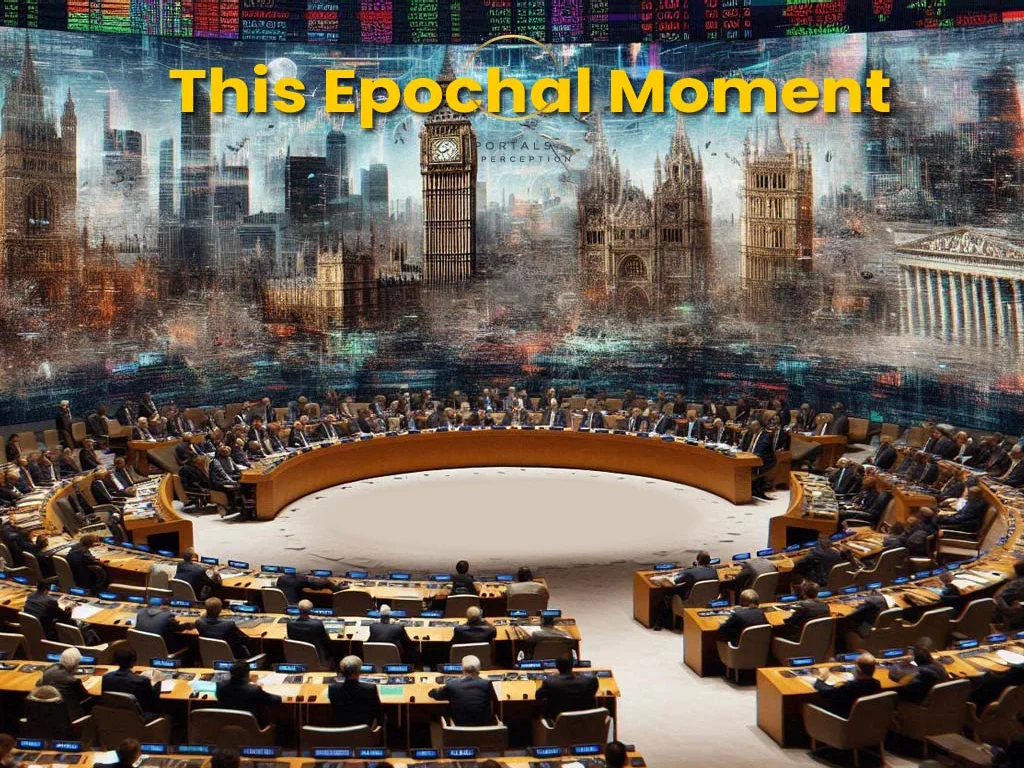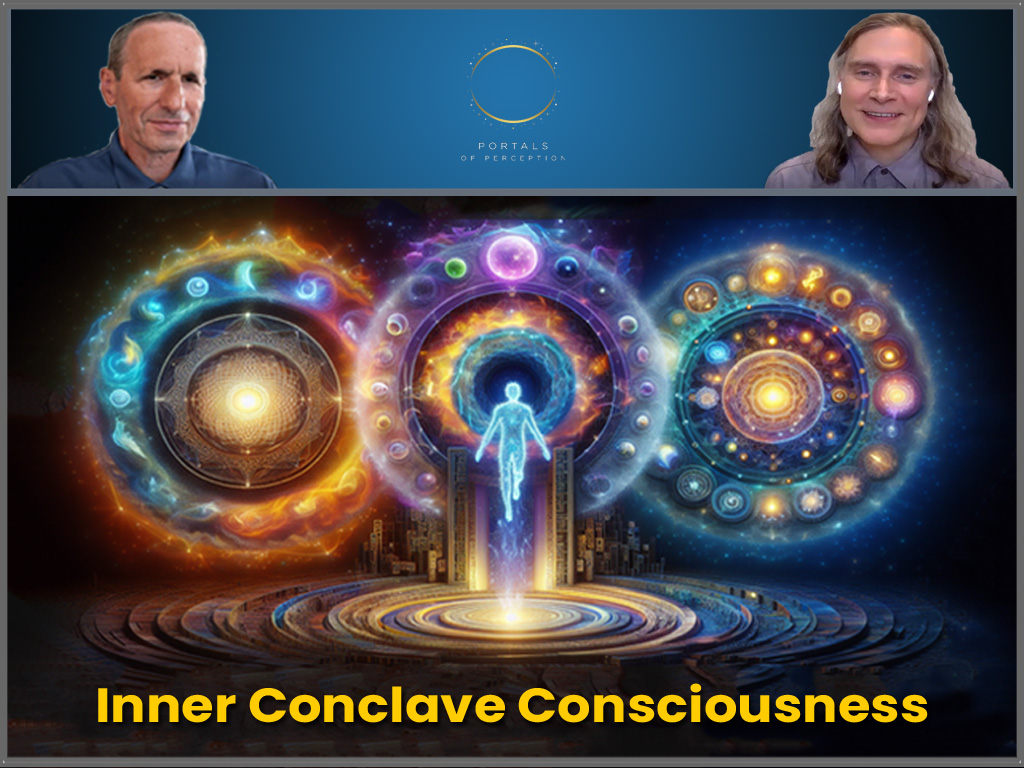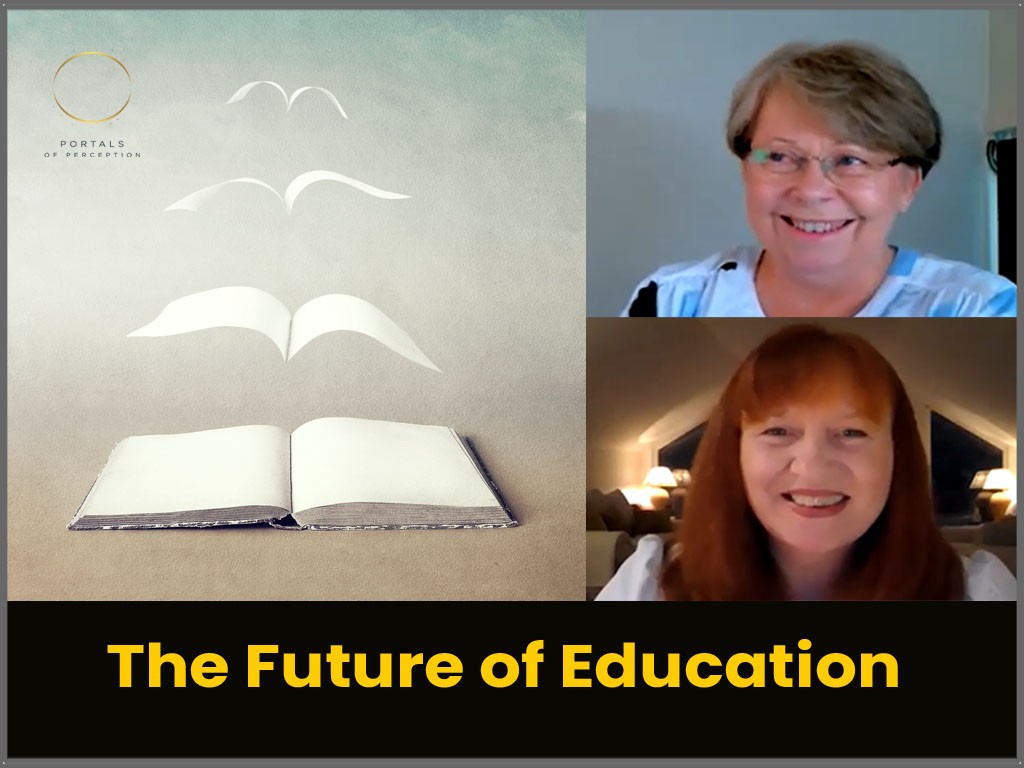
- 0:00 Portals exploring the future of Education with Karol Wilczynska and Orla Kelleher
- 7:03 What brings you joy and energizes you in your work as educators
- 14:08 The industrialized approach and the shift enabling students to become leaders
- 21:38 What is the purpose of the education
- 34:35 From disembodied education to new frontiers of reintegration and whole person learning
- 45:04 How can we cause large systemic change and the teachers leading the transformation
- 56:30 - Imagine education in 2042, prototyping the future of education
It’s remarkable in a digital age where the world is light years ahead of life in the 18th century that a fundamental cultural institution hasn’t changed its core mission substantially since the Industrial Revolution.
What we know as public education, from pre-school to college, has helped elevate life and the collective standard of living in astounding ways over the past 200 years. Its guiding vision has remained virtually unchanged: prepare human beings to, essentially, get a job and earn a living; to become living generators in the powerful engines that keep the world’s economies humming.
But as the world grapples with environmental and social crises, is it time for public education to again elevate the common good by refocusing its mission and raising its sights to see human possibility as more than just economic assets? Imagine a ‘school’ where a learning ecosystem helps liberate natural intelligence and capacity for creative, regenerative, and sustainable life. A whole-person, whole-planet educational experience that supports the purposes of life and living.
In this Portals conversation, global educators Karol Wilczynska and Orla Kelleher share their vision for the future of education, along with practical steps to help transform the school learning experience into a regenerative force for humanity. Among their ideas and perceptions:
- Reframing education also reframes the global economy; it describes a transition out of an extractive and into a paying-forward economy.
- It's moving beyond the cognitive into learning outcomes focused around the social-emotional; basically, can you feel it? Sense it? What's your position about it?
- Instead of making things that sell products, people learn to develop systems that help communities. Their way of thinking completely changes; they are able to talk through big ideas, and what we call wicked problems.
- Education can become the key driver in transformation, not the unseen enforcer of industrial status quo.
- Schools are adding curriculum on sustainability as a fundamental mindset and framework for economic growth.
- The educational model itself is disconnected from the natural worlds, feeling, intuition, and virtues, and therefore separated from natural principles that would enable a sustainable future.
- Modern education has created silos where business is seen only in the context of business, not in the consequences of their operations on humanity and the planet.
- Teachers need to be authentic, focused on personal growth, with an ability to be on the edge of what is emerging in the educational process.
- We’re describing an inquiry-based, purpose-inspired, developmentally-driven education.
This conversation is part of the continuing Portals discovery into what is emerging on the frontiers of human experience in this time of profound change. Information about upcoming special events can be found on the Events page. Also visit and subscribe to our YouTube channel.
Now if you look at what's happening today, you have the realization that we have to address the global crisis, and there are whole lessons learned about why we've gotten there, and one of those lessons can be traced back again to that industrialized approach to education.
